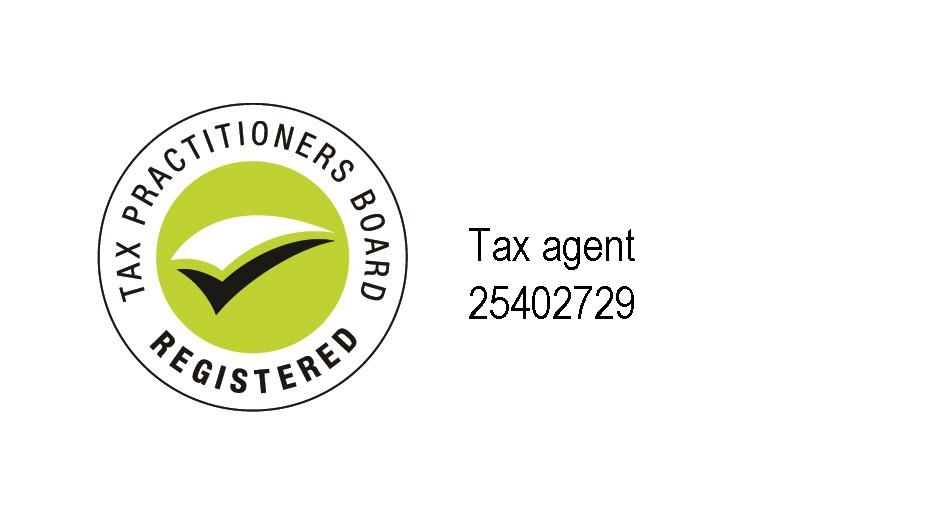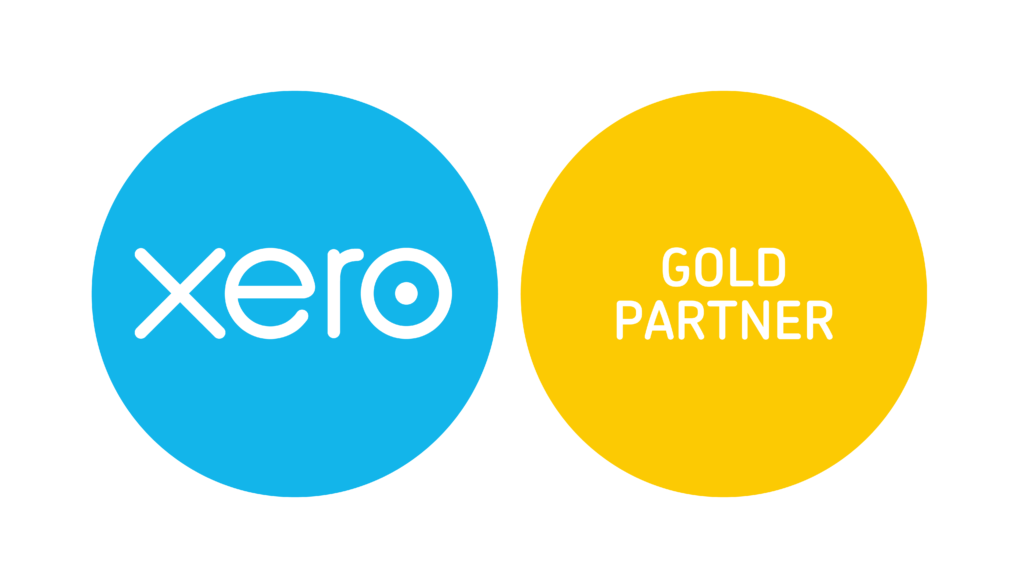Super changes to be aware of in 2020

Semmens & Co have documented the latest super reforms and what they mean for employees, employers and retirees.
Salary Sacrifice and Superannuation Guarantee Obligations
Previously, it has been common practice for employees to sacrifice part of their salary or wages to boost their super contributions. In these types of salary sacrificing arrangements, employers have paid the sacrificed amount to the employee’s super fund on their behalf.
Salary sacrificing has many benefits in that it provides a:
- Tax effective way of increasing an employee’s super; and
- No fringe benefits tax with contributions being tax deductible.
However, employees are set to receive more benefits come 1 January, 2020 with the new changes in the law to super obligations.
Under new laws, an employer still must adhere to their super guarantee obligations regardless of whether an employee opts to sacrifice their salary or not. In short, this means the salary an employee has sacrificed does not count towards an employer’s super guarantee obligations leading to an added benefit to employees. Failure to abide by the new superannuation laws can result in a fine of up to $10,500 or 12 months imprisonment.
Putting Members’ Interests First legislation
Putting Members’ Interests First (PMIF) law was passed in September 2019, and aims to prevent certain people being charged for insurance (inside their super) that they may not need. The PMIF law affects:
- members with a super balance under $6,000
- new members aged under 25
- People with a super balance under $6,000
Under the new PMIF laws, super providers were required to check the balance of all super accounts with insurance on 1 November 2019.
Where an account balance was below $6,000 (and no exemptions apply), the super fund must let the member know their insurance will be cancelled, unless:
1. the balance reaches $6,000 before 1 April 2020, or
2. the member requests to keep their insurance.

People under 25
From 1 April 2020, super funds must not provide insurance inside super to new members aged under 25 – unless the member requests it.
Protecting Your Super Legislation
Effective from 1 July 2019, the Protecting Your Super (PYS) laws aims to protect super balances becoming diminished by fees and insurance premiums in inactive super accounts.
The PYS laws are different to the Putting Members’ Interests First (PMIF) changes. PMIF laws focus on super account balances below $6000 and people aged under 25 (see details above).
PYS legislation impacts four main areas:
1. Insurance cancelled for inactive super accounts;
2. Inactive super accounts with low balances will be closed;
3. Cap on fees for accounts with low balances; and,
4. Switch funds without paying an exit fee.
Other superannuation changes from 1 July 2019
Pension work bonus going up to $300 per fortnight
If you’re working and receiving the age pension, you could be entitled to the Work Bonus, which excludes some of your pay from the Centrelink income test.
The bonus is increasing from $250 to $300 a fortnight, meaning you’re able to keep $50.00 more of your income, or work for short periods with little or no effect on your age pension.
If you are an eligible retiree, you can make super contributions in the first year of retirement. If you’re aged between 65 and 74 and you had less than $300,000 in your super account at the end of the previous financial year, you can still make voluntary contributions to your super in this financial year without needing to satisfy the work test. But you can only take advantage of this once, meaning you won’t be able to make contributions in subsequent financial years. This opportunity is also only available in the year immediately following the year in which you last met the work test.

Super co-contribution scheme threshold changes
If your total income is between $38,564 (up from $37,697) and $53,564 (up from $52,697) during the 2019/20 financial year, and you make an after-tax contribution to your super fund, the federal government will pay you 50 cents for each dollar you contributed to your super fund, up to a maximum of $500.
To be eligible for the co-contribution scheme, you will need to satisfy a work test, be under the age of 71, and have a super balance of less than $1.6 million.
Catch-up concessional contributions allow eligible Australians to put more into super
If you’re eligible, this is the first year in which you can make additional catch-up concessional contributions using unused concessional contributions cap amounts from previous year.
The ability to make a catch-up concessional contribution applies to people whose total superannuation balance was less than $500,000 on 30 June of the previous financial year.
The five-year carry-forward period started on 1 July 2018 so the 2019-20 financial year is the first one when you can actually make extra concessional contributions using any unused super contribution cap from a prior year.
Work test rules still apply for people aged 65 or over and the usual notice requirements continue to apply for personal deductible contributions. Further, unused amounts can be carried forward regardless of your total superannuation balance but will expire after five years.
If you have any questions or need advice and clarity specific to your business, feel free to contact Semmens & Co on 03 8320 0320 for a free consultation.







